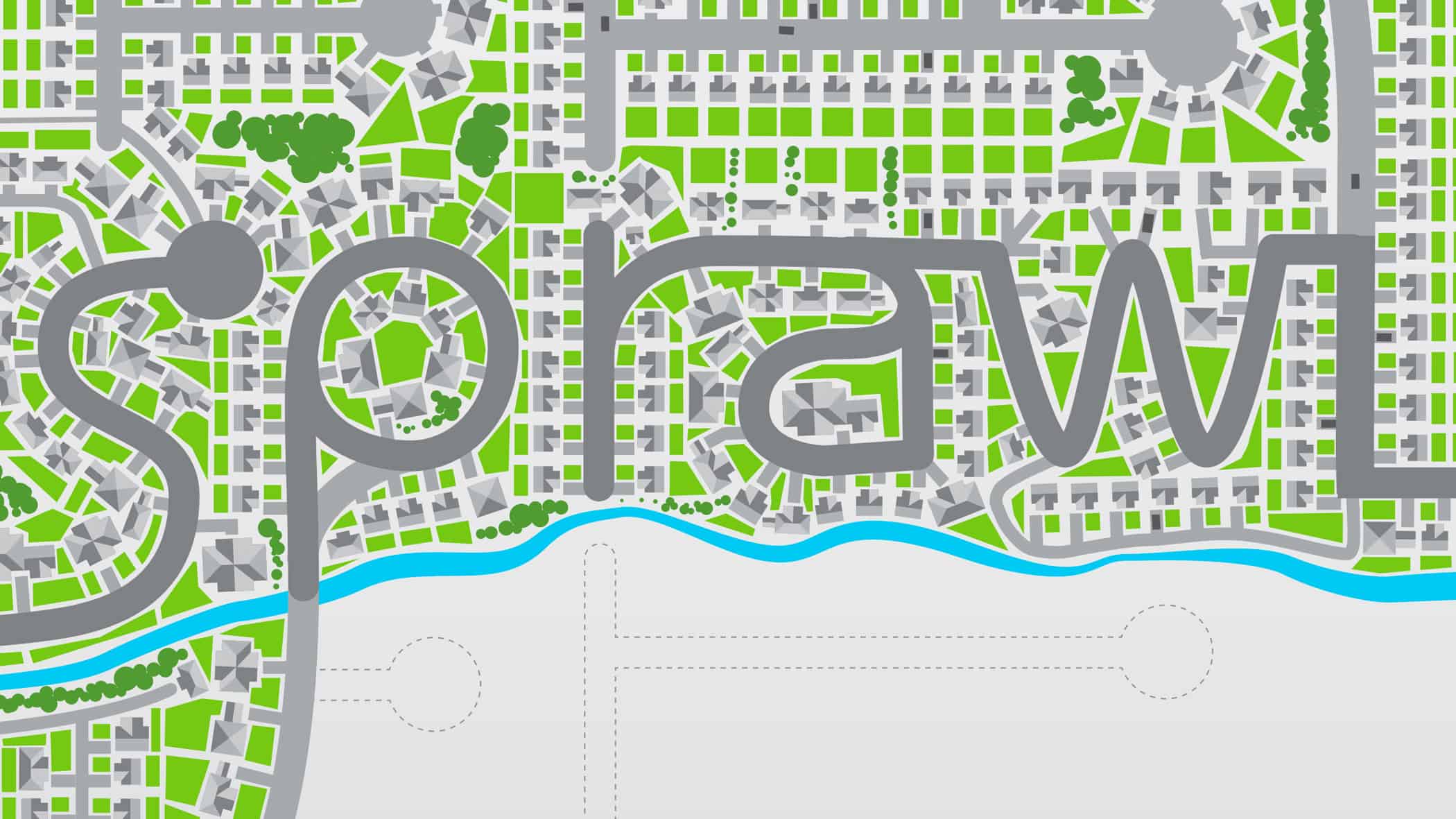Queen’s Park Report – October 2019
The Provincial Policy Statement (PPS) is a consolidated statement of the government’s policies on land use planning. It applies province-wide and provides provincial policy direction on key land use planning issues that affect communities. The government held a 90 day consultation period which closed October 21 2019, during which they sought feedback on proposed changes to the Provincial Policy Statement. The Federation of Urban Neighbourhoods submitted comments as follows:



